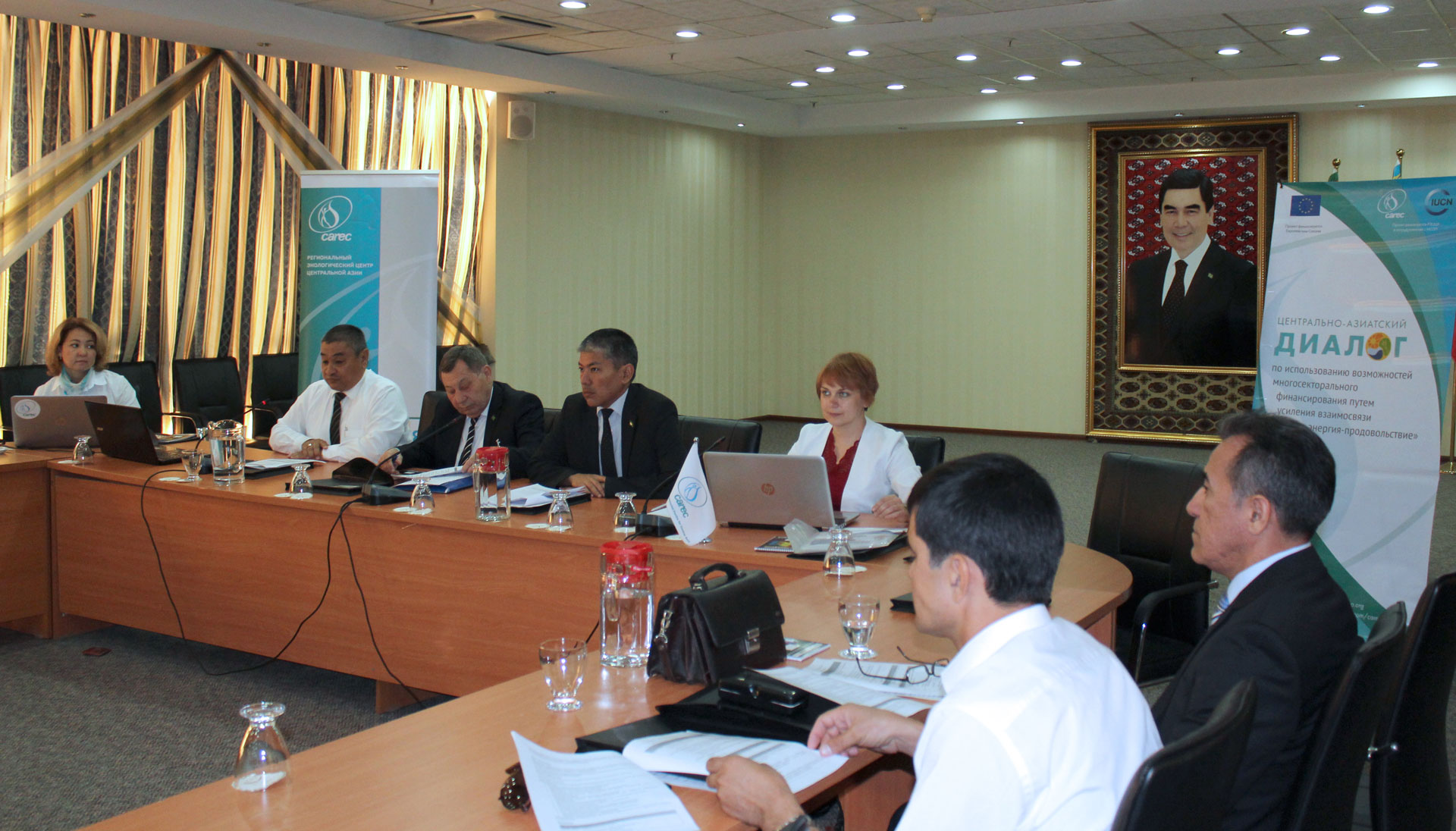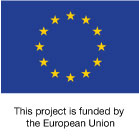
ASHGABAT. On 19 May the second meeting of the Intersectoral Working Group (IsWG) on the development of multi-sector investment projects for achieving water, energy and food security (WEF) in Turkmenistan was held in Ashgabat. The event was organized by CAREC in partnership with the International Union for Conservation of Nature, with the support of the Executive Committee of International Fund for Saving the Aral Sea (EC IFAS) and the Ministry of Foreign Affairs of Turkmenistan within the EU-funded project “Central Asia Nexus Dialogue: Fostering Water, Energy and Food Security Nexus Dialogue and Multi-Sector Investment (Nexus Project).”
Ten project proposals submitted by representatives of the Ministry of Agriculture and Water Resources, the Ministry of Communal Services, the State Committee on Fisheries, the Scientific Information Center of the Interstate Commission on Sustainable Development (ICSD) and CAREC were reviewed to assess their possible contribution to ensuring water, energy and food security in Turkmenistan and neighboring countries. Project proposals of the State Committee for Nature Protection and Land Resources, National Committee for Hydrometeorology, Nature Conservation Society and other members of the IsWG will be reviewed at the next meeting of IsWG scheduled for early August 2018.
Initial ideas for investment projects of transboundary nature will be discussed at the second meeting of the Nexus Project Regional Steering Committee which is to be held on 7 June in Tashkent within the Central Asian International Environmental Forum 2018.
“Central Asia Nexus Dialogue project: Fostering Water, Energy and Food Security Nexus Dialogue and Multi-Sector Investment” or Nexus project is implemented by CAREC in cooperation with the International Union for Conservation of Nature with the financial support of the European Union. The overall objective of the project is to create a multi-sectoral enabling environment to facilitate sustainable and climate-resilient investments for increased water, energy, food security and ecosystems in Central Asia. The project is implemented in five countries of Central Asia (Kazakhstan, Kyrgyzstan, Tajikistan, Turkmenistan and Uzbekistan) during the period 2016-2019.

